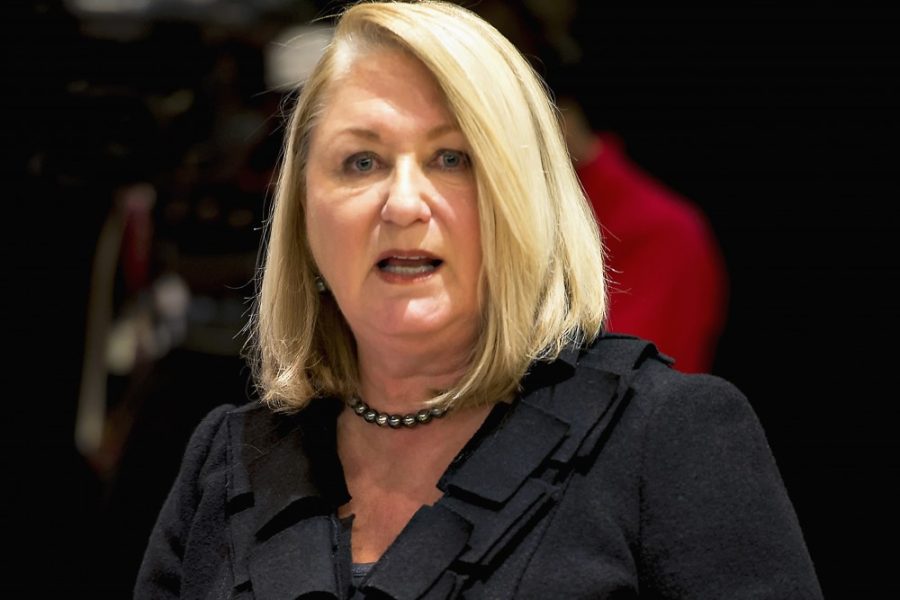The UA will be adopting a guaranteed tuition plan this coming academic year, which will be optional for current students and mandatory for incoming students.
The Arizona Board of Regents approved the program on Thursday morning at its meeting in the Student Union Memorial Center, before it set tuition rates for the three state universities for the 2014-2015 academic year. The guaranteed tuition program was modeled after Northern Arizona University’s Pledge Program and will guarantee students a set tuition cost for four years. The set tuition rate is higher than the proposed tuition increase for current students who choose not to join the program because it takes into account year-to-year increases.
The board passed UA’s proposed 2 percent tuition increase for resident graduate and undergraduate students and 5 percent increase for non-resident graduate and undergraduate students. With the increase, resident undergraduates will pay $9,576 and resident graduate students will pay $10,718.
Non-resident undergraduate students will have a base tuition of $27,374, while non-resident graduate students will pay $27,700 of base tuition. The guaranteed tuition program will add an additional 4 percent increase to the base tuition increases, leaving resident guaranteed tuition at $9,952 and non-resident guaranteed tuition at $28,416. The program won’t be offered to graduate students.
Rick Myers, chair of the board of regents, said he was pleased that the UA put the program in place, providing more certainty for students.
“I do wish that the state was in a situation where they could provide more financial aid for our students and more funding to help offset the cost of education,” Myers said. “The state legislature is not able to do that at a significant level, so I feel good that we’re able to have modest tuition increases.”
Regent Mark Killian complimented the three university presidents for doing well in their tuition recommendations, despite limited resources. Killian also showed concern for the continuing tuition increases.
“I think the frustration is growing because there’s an awful lot of people that support education,” Killian said. “But I think they’re frustrated because they don’t have the financial resources to be able to do some of the things they want to do.”









